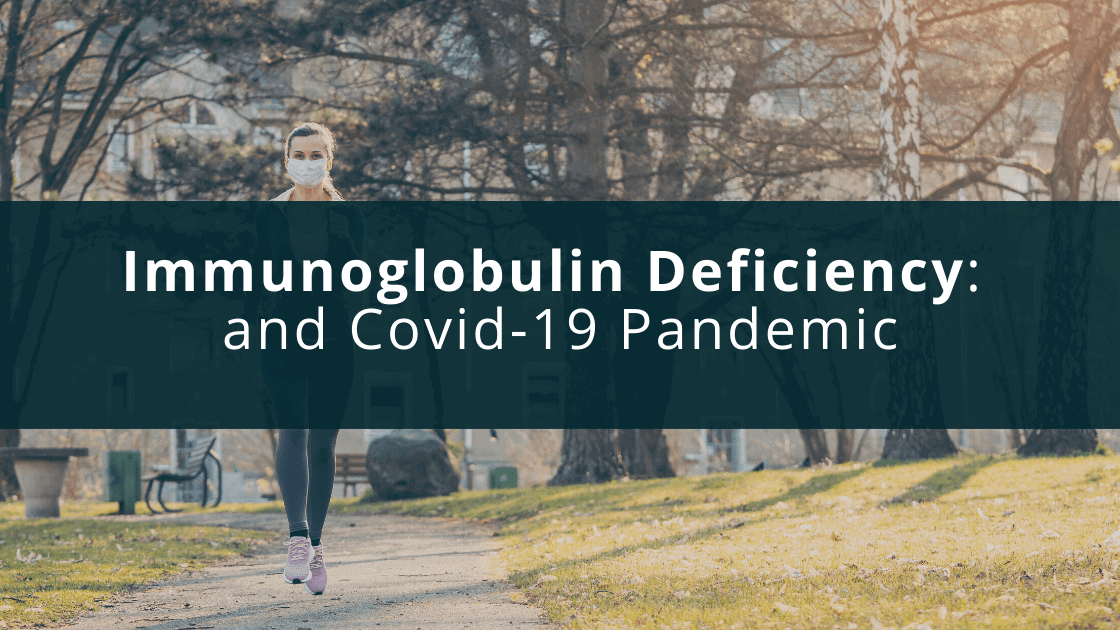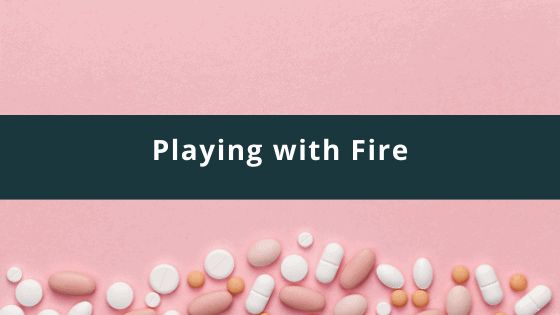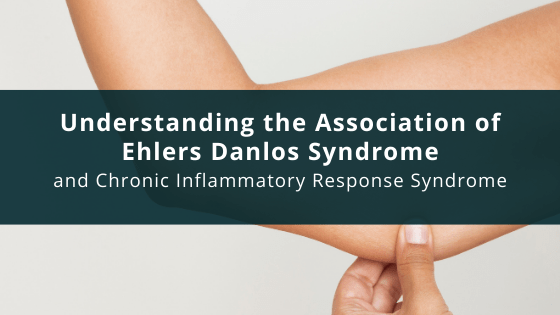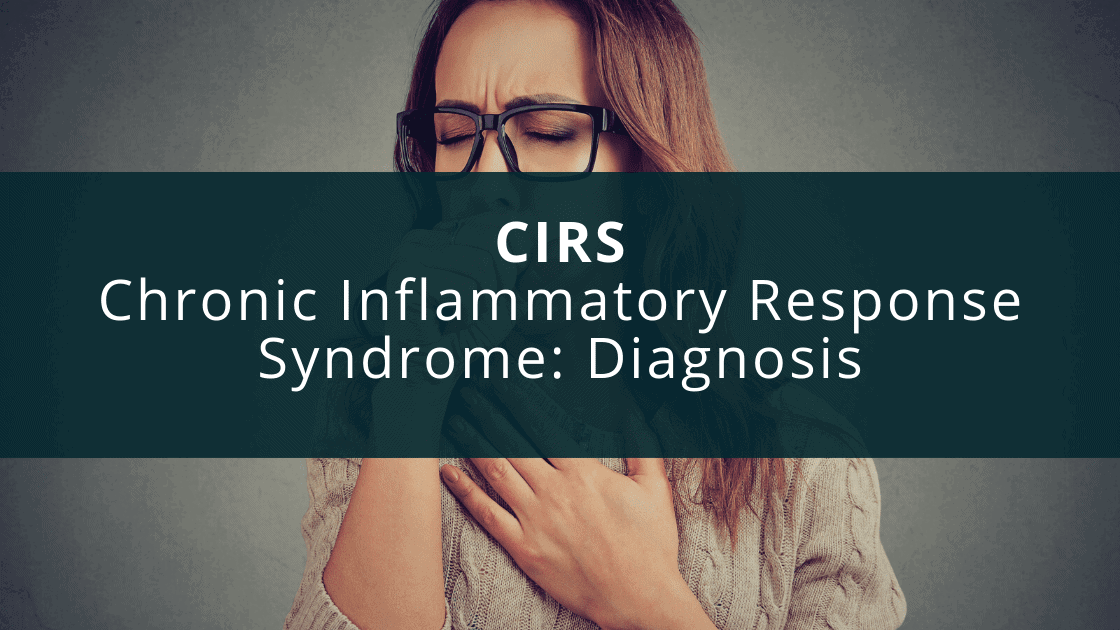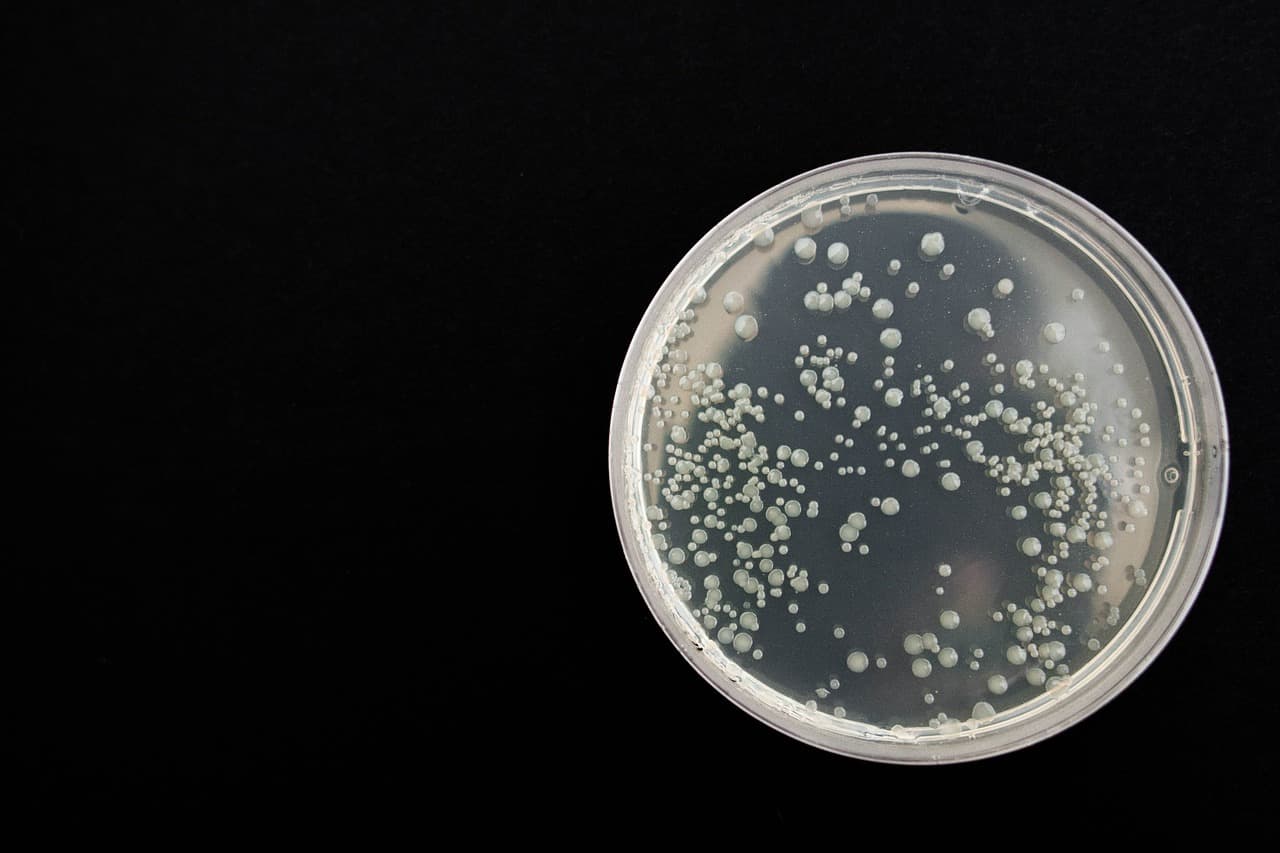We are now approximately seven months into the Covid-19 pandemic and there are many observations that can be made about this unique virus. Thankfully with better understanding of the medical management, mortality from the virus has dropped significantly. Another is understanding the importance of protecting the more vulnerable of our population. This has been especially seen in patients with underlying immunoglobulin deficiencies.
Patients with immunoglobulin deficiencies are usually more susceptible to bacterial infections mostly involving the respiratory tract. It is my belief in many of these instances, these bacterial infections are due to acute exacerbations brought on by exposures to viral infections. For the most part, viral infections are much more contagious than bacterial infections. Once these susceptible patients are infected the viral infections create enough mucosal damage which allows pathogenic bacteria to proliferate, causing a secondary bacterial infection. This can happen in anyone, but the likelihood of this occurring is seen more in patients with underlying immunological deficiencies.
Since the lockdown has occurred, I have seen a significant decrease in the number of my patients with immunoglobulin deficiencies coming in with respiratory infections requiring antibiotic therapy. Why? Simple, sheltering place and social distancing works.
To me, one of the hallmarks of epidemiology is the rate of disease progression is based on probability. In other words, the more exposures, the more likely you were to get infected. Prior to the pandemic, many of my patients with underlying immunoglobulin deficiencies would still have multiple respiratory infections despite the fact that they were wearing masks.
So, what variables have changed? Those variables are sheltering and distancing. Patients with underlying immunoglobulin deficiencies now think twice or three times before they venture out into the unknown, concerned whether or not that if they become infected with Covid-19, would they be risking a prolonged hospitalization and potentially death. These are powerful motivators and now, after more than six months, many of these patients have seen the benefits by minimizing exposures to others.
The new question now is how do we move forward in protecting some our most vulnerable patients and continue to open up the country? Please remember for every reaction there is an opposite and equal reaction and it is being seen throughout the nation. Suicide, substance and domestic abuse have all been on the rise since the lockdown. People are reporting more anxiety and depression since the pandemic had us change the way we went about our lives. Several fitness enthusiasts on social media are admitting to being depressed because they are not working out the way they used to before the pandemic.
Before the pandemic, 18 million people would die each year of poverty. There is genuine concern that number will explode as the leading economies of the world remain running at a sub-optimal pace.
Hopefully with time we will come up with practical approaches as we approach some sort of normalcy, while protecting our vulnerable patient populations. Time will tell. Truly these are exciting times in which we’re living.

